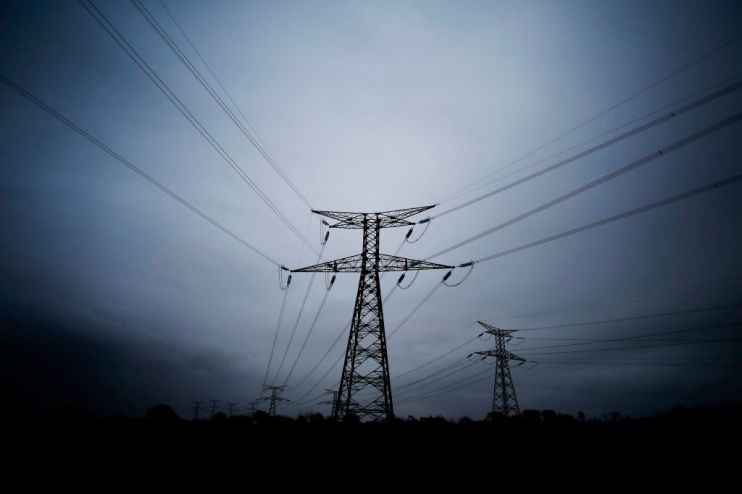UK at risk of gas supply shortages this year, warns Ofgem

The UK is at risk of gas shortages this winter following Russia’s invasion of Ukraine and continued disruption to energy supplies, warned Ofgem.
The energy watchdog argued there was a possibility the UK could enter a “gas supply emergency” in which supplies to some gas-fired power plants could be cut off, preventing them from generating electricity.
The letter, which has been circulating widely on social media, could stoke fears of blackouts as the UK relies on gas plants for the biggest share of its electricity supplies.
Industry rules mean that power stations which turn off their taps could have to pay huge charges – effectively punishing them for failing to deliver promised electricity supplies.
Ofgem believes this risks the “potential insolvency of gas-fired generators” and the issue must be dealt with to ensure the safety and security of the UK’s electricity and gas systems.
The regulator was responding to a request from SSE, which owns several gas power stations and has been calling for the rules to be changed.
SSE estimates that an average gas-fired power plant could incur penalties that would risk insolvency, potentially of up to £276m for every day it is unable to generate, or £475 million for the biggest plants.
Alongside RWE, another gas plant owner, it has warned that generators are so concerned about the potential penalties if their gas supplies are cut off they are now limiting advance sales of electricity.
This is, in turn, pushing up prices and making interventions in the market to ease energy bills even more expensive.
European supply crunch puts pressure on UK
The crisis follows a Russian squeeze on European energy supplies, following a raft of Western sanctions on the country after its invasion of Ukraine.
Most recently, Kremlin-backed gas giant Gazprom cut off supplies into Italian energy company Eni, and reduced supplies into Austria and Moldova.
It has also cut off supplies via Nord Stream 1, with subsequent reports of explosions and leaks across the pipeline – widely suspected to be sabotage.
Russia has curtailed gas supplies to Europe in retaliation for sanctions over Ukraine, leaving countries braced for shortages and raising doubts about whether the UK will be able to get enough gas imports.
Wholesale gas prices have fallen from all-time highs in the summer but rose last week after sabotage on two gas pipelines from Russia to Europe.
This raised market fears that other gas infrastructure could be attacked over the coming months.
When approached for comment, an Ofgem spokesperson said: “This winter is likely to be more challenging than previous ones due to the Russian disruption of gas supplies to Europe. Britain is in a good position with little direct import of gas from Russia; our own domestic gas production; reliable supplies from Norway; and the second-largest port capacity in Europe to import liquified gas.
“Nevertheless, we need to be prepared for all scenarios this winter. As a result, Ofgem is putting in place sensible contingency measures with National Grid ESO and GSO as well as the government to ensure that the UK energy system is fully prepared for this winter.”
The story was first covered in the The Times.
Meanwhile, National Grid has issued a tender for more back-up gas supplies to help mitigate any short-term disruption this winter.
It is due to publish its outlook for gas and electricity supplies this week, following its early forecasts in July suggesting it would have sufficient supplies to meet demand this winter.
The move was first reported by the Sunday Telegraph, and follows reports that the Government has an extreme worst-case scenario of potentially four days of blackouts this January.
A National Grid spokesperson said: ““Operating Margins (OM) gas is used to maintain pressure on the transmission network in exceptional circumstances. It enables the network to operate normally by allowing time for market to deliver additional supply where possible. National Grid purchases operating margins gas annually as part of our regulatory obligations which require us to maintain determined levels throughout the year.”